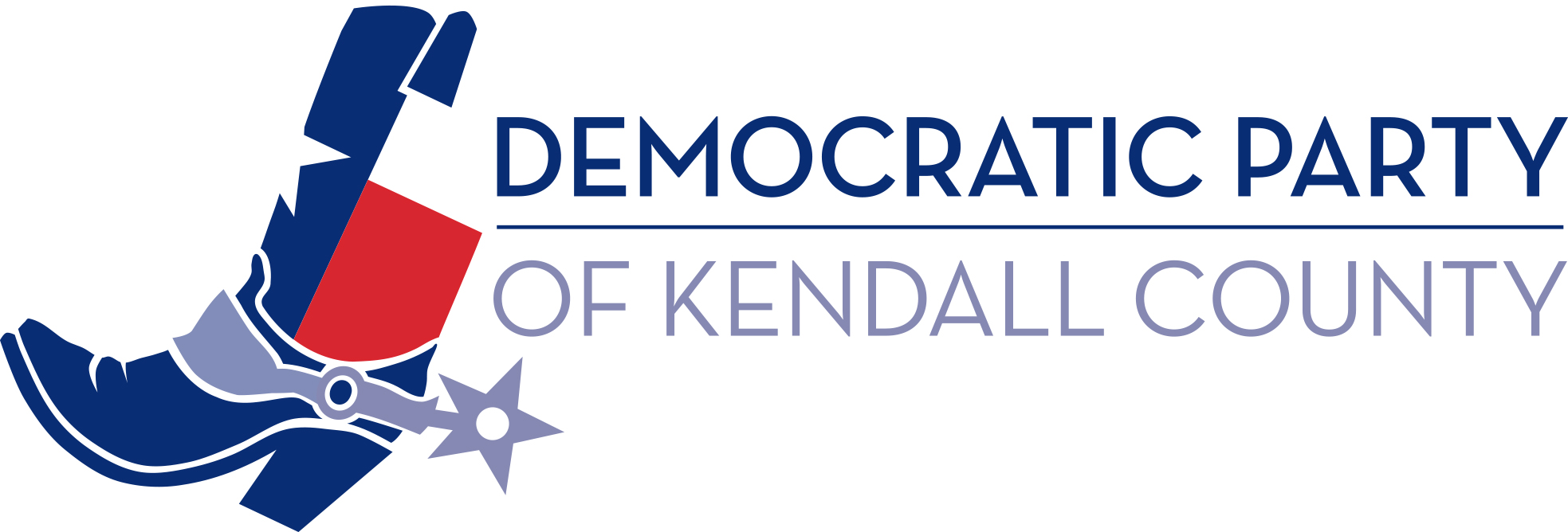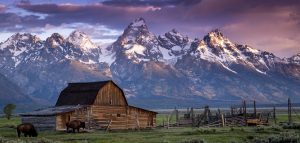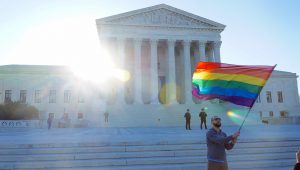by Meredith Sterling
for the “Progressive Views” column, Boerne Star, October 11, 2019

What is the Green New Deal? Is it a socialist proposal by radical progressives who want to turn off all the lights and take away our cars? Nope. The Green New Deal is a proposal for saving us from a dead planet (the climate emergency) but with much, much more. It’s a framework for developing legislation and projects to solve some serious problems facing our nation and the world.
Our problems and struggles, as well as our hopes for ourselves and our loved ones, are very similar across cultures. I suggest that the solutions to our problems and the easing of our fears can and must be shared, too. Particularly because the U.S. bears a disproportionate share of responsibility for global warming, our failure to do our part makes a mockery of our history and our people.
We, the people, are connected with each other and every living and non-living thing on our shared planet home. We are connected by the Internet, world trade and markets, the natural world that doesn’t know walls. Hurricanes, droughts, fires do not respect national borders. Globalization is here to stay and there’s literally no way to pull up the drawbridge and isolate ourselves.
Although we don’t want to retreat to the past, we can learn from it. The original New Deal was the combined effort of the U.S. Congress and President Franklin D. Roosevelt. “It responded to needs for relief, reform, and recovery from the Great Depression. Major federal programs included the Civilian Conservation Corps (CCC), the Civil Works Administration (CWA), the Farm Security Administration (FSA), the National Industrial Recovery Act of 1933 (NIRA) and the Social Security Administration (SSA). They provided support for farmers, the unemployed, youth and the elderly.” [Wikipedia].
What is the Green New Deal?
The Green New Deal (GND) similarly seeks to solve our current interconnected crises. The following description draws heavily from an article by the online publication Vox:
The preamble to the proposal establishes that there are two crises: a climate crisis and an economic crisis of wage stagnation and growing inequality, and that the GND can address both. The goals include: achieving net-zero greenhouse gas emissions, creating jobs, providing for a just transition, and securing clean air and water.
The people who live next to the coal plants and the petrochemical plants already experience higher than average damage to themselves and their families. Unlike people with money and power, it is difficult for them to fight to protect themselves, so the GND not only insists on their protection but proposes projects that increase community resilience and development. These projects direct political power and public investment to the state, local, and worker level.
Creating jobs is another important part of this proposal and that includes education and job training for frontline communities in transition (coal country for example). Clean and renewable energy is essential for solving the climate crisis. Since the GND is a proposal, not actual legislation, there’s much room for discussion and ultimately bipartisan agreement about issues like how soon this goal can be met without being temporarily supplemented with other less-benevolent fuels. While we’re transitioning to a fossil-fuel-free economy we’ll need to encourage industries to make the transitions and make it more expensive to produce and extract fossil fuels than it is worth.
There is much more, of course, to all of this, but the important things to take away are twofold: One, nothing happens without you and you and you and me. Remember when the administration decided to abolish the Affordable Care Act (aka Obamacare)? The pushback from citizens all around the country was so great and so sustained that the idea was scrapped, finally. This is what we have to do now with climate change.
Second, as Al Gore said back in 2008, “We already have everything we need to use the sun, the wind, geothermal power, conservation and efficiency to solve the climate crisis — everything, that is, except a president who inspires us to believe, ‘Yes, we can.'” I would note that it’s not just the president who’s wasted at least three precious years of our planetary lives by denying the realities, but the Congresspersons who are too afraid of losing their jobs and their power to tell their constituents the truth. And, to say, Yes, we can, and Yes, we will. The Green New Deal is a place to start.



